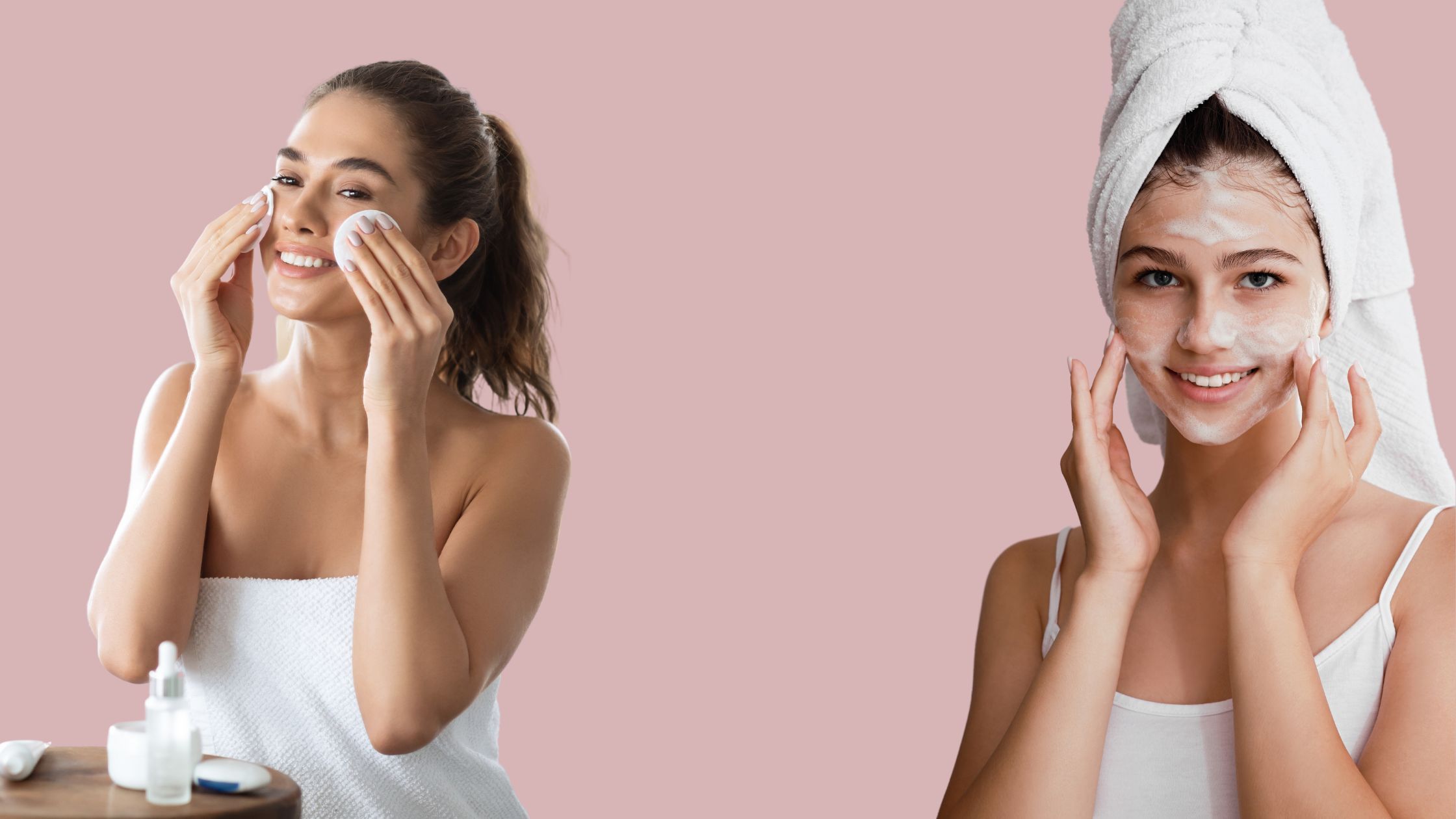Best Source for Beauty Industry Trends, News and Updates
Acne affects millions of individuals globally. It can be a persistent and frustrating problem. While there are numerous products and treatments available on the market, one question often arises: is facial cleansing good for acne? In this thorough manual, we will examine the relationship between facial cleansing and acne, shedding light on how proper skincare routines can help manage and prevent acne breakouts.
Before delving into the role of facial cleansing, it's essential to understand the fundamentals of acne. Acne is primarily caused by the clogging of oily, dead skin cells in hair follicles. These clogged follicles create an ideal environment for bacteria to thrive, leading to inflammation and forming pimples, blackheads, and whiteheads.
Facial cleansing is a fundamental step in any skincare routine. It involves using a specific cleanser or soap to purge the oil, filth, and contaminants from the skin's surface. But how does this relate to acne management?

When you cleanse your face, you eliminate excess Debris and oil that may aggravate acne development. This process is crucial, especially for individuals with oily or combination skin, as extra oil can easily clog pores and lead to breakouts.
Consistency is vital when it comes to facial cleansing and acne management. Establishing a daily routine of cleansing your face can aid in preventing the buildup of filth and oil on the skin. It, in turn, reduces the likelihood of acne breakouts.
The appropriate cleanser is essential to ensure the best results for acne-prone skin. It's crucial to opt for a gentle, non-comedogenic cleanser that won't exacerbate acne. Seek for products that contain benzoyl peroxide, salicylic acid, or glycolic acid, which are known for their acne-fighting properties.
While cleansing is vital, overdoing it can have adverse effects. Over-cleansing can strip the skin of natural oils, leading to dryness and potential irritation. It may cause the skin to release more oil to compensate, which is counterproductive for acne-prone skin.
Exfoliation is another skincare practice that can aid in acne management. By removing dead skin cells, exfoliation promotes a smoother skin surface, reducing the likelihood of clogged pores. However, it's essential to exfoliate gently and not excessively, as aggressive exfoliation can worsen acne.
While facial cleansing can benefit acne, it is not a standalone solution. Acne is a complex condition influenced by various factors, including genetics, hormones, and diet. It's crucial to consult with a dermatologist for a comprehensive acne management plan that may include prescription treatments.
In conclusion, facial cleansing is indeed good for acne. It is pivotal in preventing and managing acne breakouts by eliminating surplus oil, filth, and contaminants from the skin's surface. However, it's essential to choose the right cleanser, maintain consistency in your skincare routine, and avoid over-cleansing. Remember that while facial cleansing is a valuable step, a holistic approach to acne management, considering individual factors, is the most effective way to achieve precise and healthy skin.
